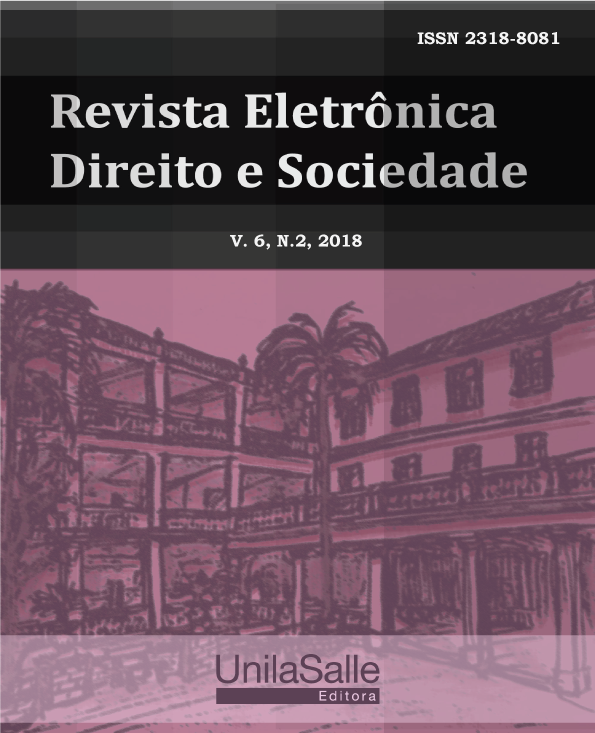The social function in the brazilian experience and its impact on the re-signification of contratual freedom in the 30 years of the 88 Constitution
DOI:
https://doi.org/10.18316/redes.v6i2.5047Keywords:
Private Law, Re-signification, Social function, Contract.Abstract
With central theme on the functionalization of institutes of private law, the present paper deals more specifically on the social function, constitutional principle linked to the right of property and consequently to the contract, instrument of the circulation of goods. Follwing a strong historical and spacial contingency, the social function enters in the Brazilian legal order through the Constitutions of the twentieth century. The principle of the social function of the contract inscribed in the 2002 Civil Code (article 421), prescribes commitments for the community, not only imposing limits, but sometimes restricting the possibility of contracting, which is corroborated by the paragraph in the article 2.035 of the same Code. The functional perspective allows a re-signification of the traditional categories of private law following the constitutional axiological table, constructing adequate answers to the most varied concrete cases.
Downloads
Published
Issue
Section
License
Authors who submit their manuscripts for publication in the “REDES” Magazine agree to the following terms:
The authors claim to be aware that they retain copyright by giving “REDES” the right to publish.
The authors declare to be aware that the work submitted will be licensed under the Creative Commons Non-Commercial Attribution License which allows article sharing with acknowledgment of authorship and publication in this journal.
The authors declare to be aware that by virtue of the articles published in this journal have free public access.
The authors declare, under the penalty of the law, that the text is unpublished and original and that they are aware that plagiarism has been identified, plagiarized authors will be informed - willingly, to take legal action in the civil and criminal sphere - and, plagiarists will have their access to the magazine blocked.
The authors state that - in case of co-authoring - all contributed significantly to the research.
Authors are obliged to provide retractions and (or) corrections of errors in case of detection.
The authors are obliged not to publish the text submitted to “REDES” in another electronic journal (or not).
The Electronic Journal Law and Society - REDES - is licensed under a Creative Commons License. Attribution-NonCommercial 4.0 International.Based on work available at "http://revistas.unilasalle.edu.br/index.php/redes/about/submissions#copyrightNotice".
Permissions in addition to those granted under this license may be available at http://creativecommons.org/.

